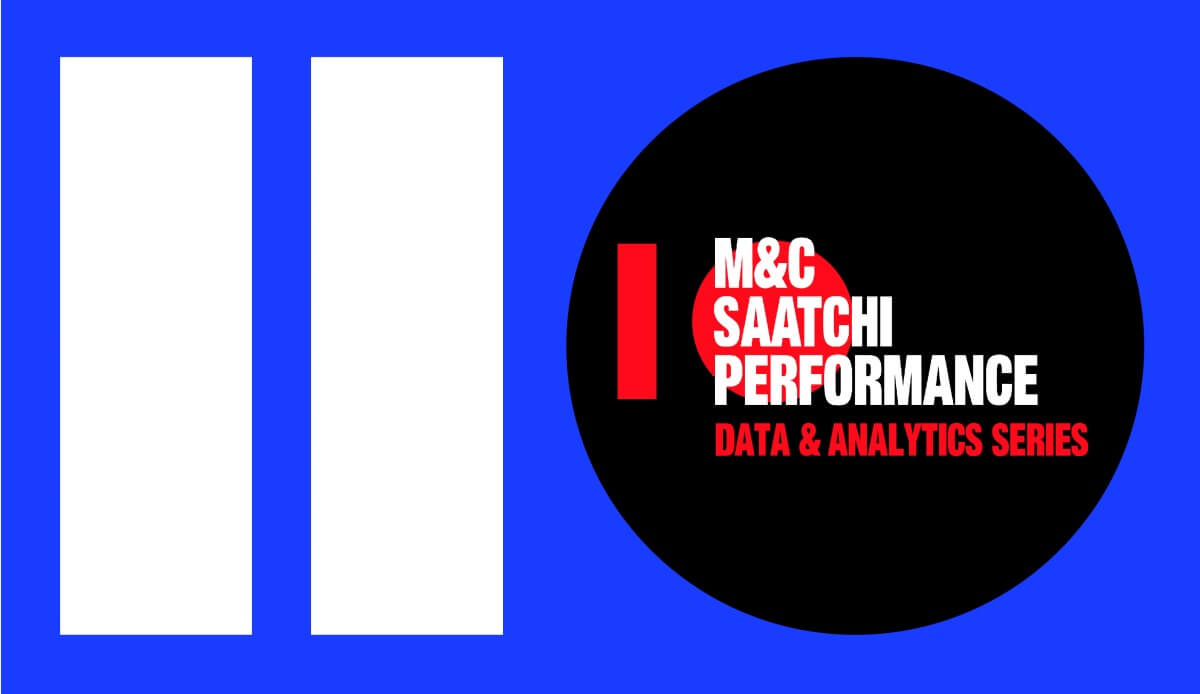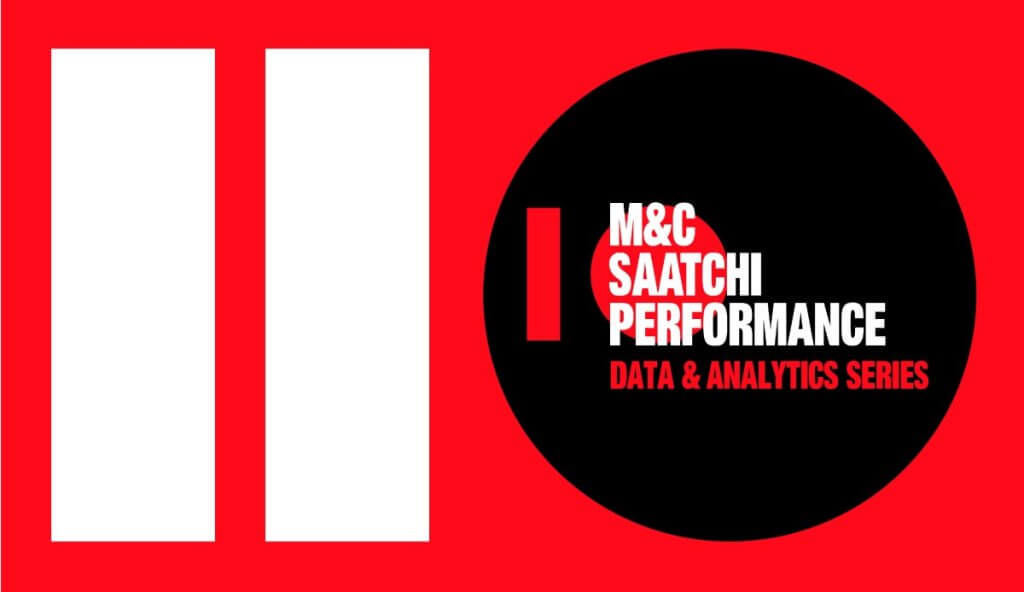
Bringing data into one centralized location through a Unified Measurement Framework ensures that marketing campaign decisions can be made quickly to drive the best results.
Most brands utilize a variety of KPIs, dashboards, reports, and measurement methods to gauge their overall media performance. However, these are often scattered across different areas of the business and not consolidated into a single location, making it difficult for marketers to establish a single source of truth. A unified measurement framework is crucial for integrating these different measurement approaches and fragmented insights, empowering marketers to employ a data-driven decision-making process.
Your measurement framework is unique to your brand and may contain various initiatives not listed here. Nevertheless, the four measurement approaches outlined below should certainly make an appearance:
ONGOING INCREMENTALITY TESTING
Regularly conduct incrementality tests to evaluate the true incremental value of your marketing channels and campaigns. This helps you make informed decisions and effectively allocate your budget.
ESTABLISHED ATTRIBUTION MODELS
Develop and enhance your within-channel attribution models, which will accurately attribute credit to various touch points along the customer journey. This enables you to optimize your marketing tactics for improved results.
MARKETING MIX MODELS
Adopt marketing mix modeling to gain a comprehensive understanding of your media performance and the interactions between different marketing channels. This allows you to optimize your marketing strategy, fostering continuous growth and maximizing ROI.
UNIFIED OPTIMIZATION & BUDGET DASHBOARD
Consolidate your data and insights into a single budget-setting and optimization solution. This empowers you to stay agile and adapt to changing goals and circumstances.
WHY IS A UNIFIED MEASUREMENT FRAMEWORK IMPORTANT?
A well-implemented unified measurement framework allows for tactical decision-making, such as:
- Assessing the ROI or CPA of media investments across individual channels
- Evaluating the impact of competitor advertising
- Identifying which media campaigns generate the highest returns
- Understanding the halo effect of advertising across the product portfolio
- Determining the optimal media mix for additional budget investments
At the same time, it will allow you to answer more strategic questions, such as:
- What non-media factors drive sales?
- What is the optimal time of year to invest in advertising?
- What should our budget be to achieve annual targets?
- How should we allocate our media budget across products and regions?
- What is our optimal media mix?
Adopting a unified measurement framework empowers brands to make tactical decisions based on data-driven insights while supporting long-term strategic planning for sustainable growth. As the marketing landscape evolves, agility and adaptability are crucial for success. A robust, unified measurement framework equips you with the necessary tools and insights to optimize media investments and improve both ROI and business impact.
KEY TAKEAWAYS
In order to really maximize the data available to marketers they must invest time in developing a unified measurement framework that stakeholders can rely on to make real-time marketing decisions. The initial set up may be time-consuming, but the rewards will pay back quickly, not only in terms of campaign results, but bringing various teams together to better understand their customers and where to allocate budgets going forward.
Contact us to find out how our Data Analytics and Tech experts can help in creating a unified measurement framework for you.


